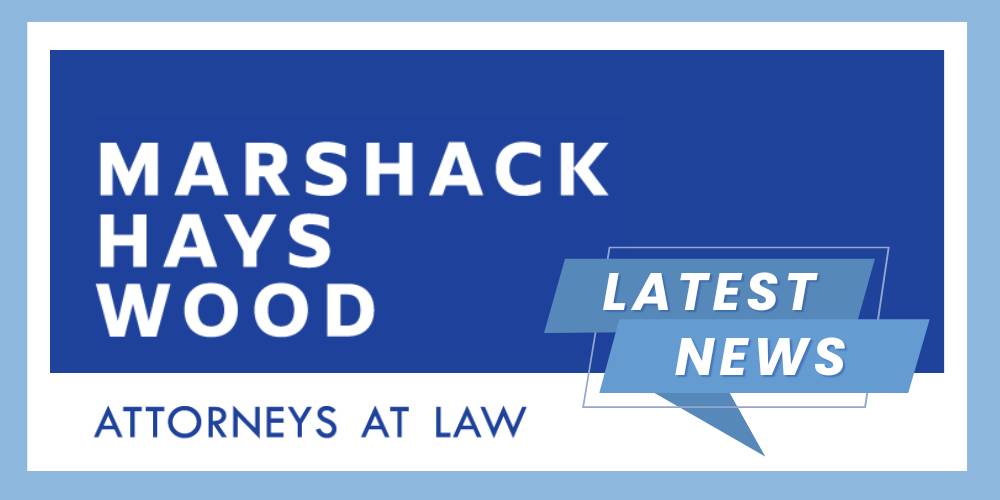Keeping the Wolves from the Door: How Effective Are Third-Party and Self-Settled Trusts in Protecting a Beneficiary’s Interest in a Trust from Creditors’ Claims and the Reach of the Bankruptcy Trustee?
In just a few days, on October 27, 2011, Ed Hays and I will be presenting a program along with Barry S. Engel at the 31st Annual Southern California Tax & Estate Planning Forum (SCT&EP) in San Diego. The program focuses on the intersection of trust law and bankruptcy. Mr. Engel is a nationally recognized asset protection attorney based in Colorado and should offer an interesting counterpoint to our bankruptcy perspective on this topic. The title of our program offers insight into the basic tension that exists between estate planning and creditors’ collection rights.
Trust laws offer tangible estate and tax planning benefits, not the least of which is protection from creditors and bankruptcy trustees, in certain circumstances and to a certain extent, through valid spendthrift provisions. The priorities of good estate planning, however, are sometimes at odds with the goals of the Bankruptcy Code, which not only limits the protections of spendthrift provisions in accordance with applicable non-bankruptcy law, but deals harshly with debtors’ efforts to protect their assets from creditors—even if those efforts took place long before the bankruptcy was filed. The state and federal laws which are meant to fairly balance the rights of creditors and debtors extend into bankruptcy, making trusts one of the more fascinating issues we face, both in our firm’s capacity as counsel for debtors and creditors and, for me, as a trustee.
As a bankruptcy trustee—and “wolf” in the eyes of debtors hoping to rely on trust protections—I use these laws to test when and whether trust interests become property of a bankruptcy estate. See When Are Spendthrift Trust Interests Property of the Estate. I also analyze whether and to what extent any spendthrift provisions will protect such trust interests, shielding them from collection or turnover to a trustee in whole or in part. See When Are Spendthrift Trust Interests Property of the Estate? – Part 2. I’m also cognizant that self-settled trusts and revocable trusts present opportunities for a bankruptcy estate of which I am the representative to recover assets: such trusts generally do not offer significant protections in bankruptcy. E.g., see Schwarzkopf–The Ninth Circuit Allows Bankruptcy Trustee to Reach Assets Held in Two Weathered Trusts.
This is a challenging niche in our insolvency laws, and we look forward to discussing it with one of the professionals who do their best to “keep the wolves from the door.” Ed and I have litigated these issues in the past and are honored to speak on these topics at the invitation of the SCT&EP.

